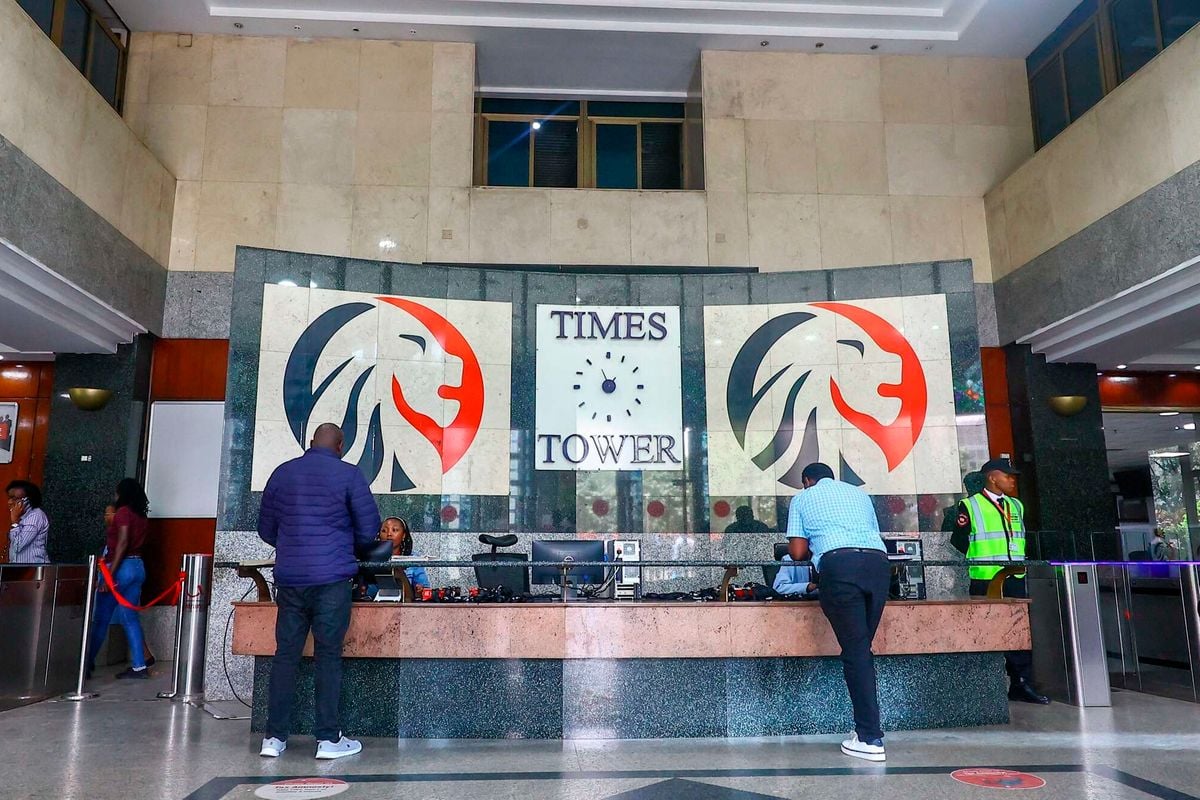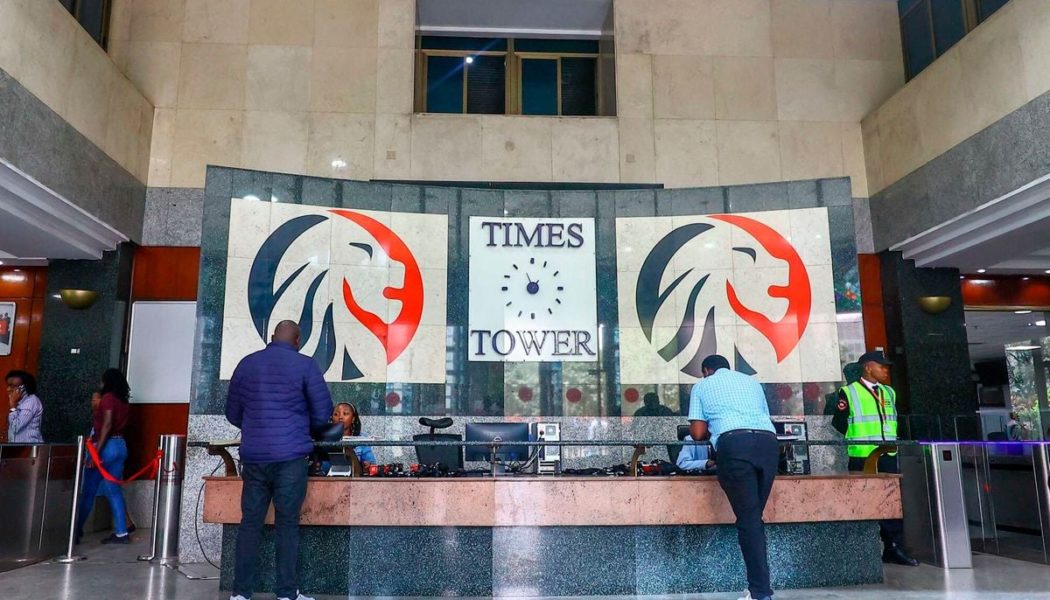
An undisclosed number of persons and companies who applied for tax pardon risk having their bank accounts frozen and tax PINs blocked for failing to honour payments amounting to Sh10.58 billion at the end of the amnesty window in June last year.
The President William Ruto administration offered a partial tax amnesty between September 2023 and June 2024 for taxpayers to pay arrears up to December 2022.
In return, the Kenya Revenue Authority (KRA) waived accumulated penalties and interest for non-payment of principal taxes for the period.
KRA documents show that slightly more than 1.06 million people applied for the partial tax pardon during the 10-month window through June 2024, with principal taxes in arrears amounting to Sh54.50 billion.
However, the revenue agency received Sh43.93 billion by the end of June, meaning that a fifth (19.41 percent), or Sh10.58 billion of the amount due was not remitted.
KRA had warned that taxpayers who applied for the tax amnesty and failed to pay by the end of the window in June 2024 would face enforcement action.
Section 42 of the Tax Procedures Act empowers the KRA to deactivate PINs, issue travel bans, collect cash due from the taxpayer’s banker, and prosecute if the taxman has reasonable grounds that the taxpayer will default.
Miriam Macharia, lead expert on tax amnesty in the Domestic Tax Department at KRA, had earlier said the enforcement would be applied if the taxpayers failed to comply with the repayment plan within the 10-month window and could not be reached through the contacts provided.
“If you feel that something might happen that bars you from honouring the plan, you need to make this plan with your debt manager so that they can give you another date so that you don’t default,” Ms Macharia warned in the early days of the amnesty window last October. “So when you sign the amnesty agreement, you sign a contract to honour. The danger of enforcement after you default is that we usually collect all the money we find so that you stop enjoying the luxury of time of having a payment.”
Lawmakers had, in a late push, sought to extend the amnesty window by nine months to March 31, 2025, through the collapsed Finance Bill 2024.
The National Assembly Finance and National Planning Committee had noted that some small businesses had applied for the programme but had yet to clear the outstanding payment, leaving them exposed by the June 30 deadline. The extension, which has not been enforced, after the Finance Bill 2024 was withdrawn, followed a presentation to the Kimani Kuria-led committee.
The Kamukunji Community Empowerment Centre, which represents small traders and lobbies, was among the firms that had asked the committee for the amnesty extension.
The lobby had noted that an expanded window would encourage the self-disclosure of liabilities and boost revenue collection for the taxman.
The KRA had targeted to collect Sh51 billion from the tax pardon for taxpayers with outstanding principal debts for the period ended December 2022, in return for a write-off of the accrued penalties and interest.
President Ruto, who has ordered KRA to “collect every shilling due”, has backed the partial relief on unpaid taxes under the amnesty programme to help non-compliant taxpayers come into compliance.
“This initiative alleviates financial burdens and aligns with our commitment to a fair and inclusive economy. Taxpayers with principal tax debt incurred before January 1, 2023, can therefore take advantage of this opportunity,” Dr Ruto had said at the beginning of the process.
“The amnesty programme assists taxpayers facing financial challenges related to unpaid taxes, thus fostering economic growth and inclusivity for all Kenyan citizens.”









